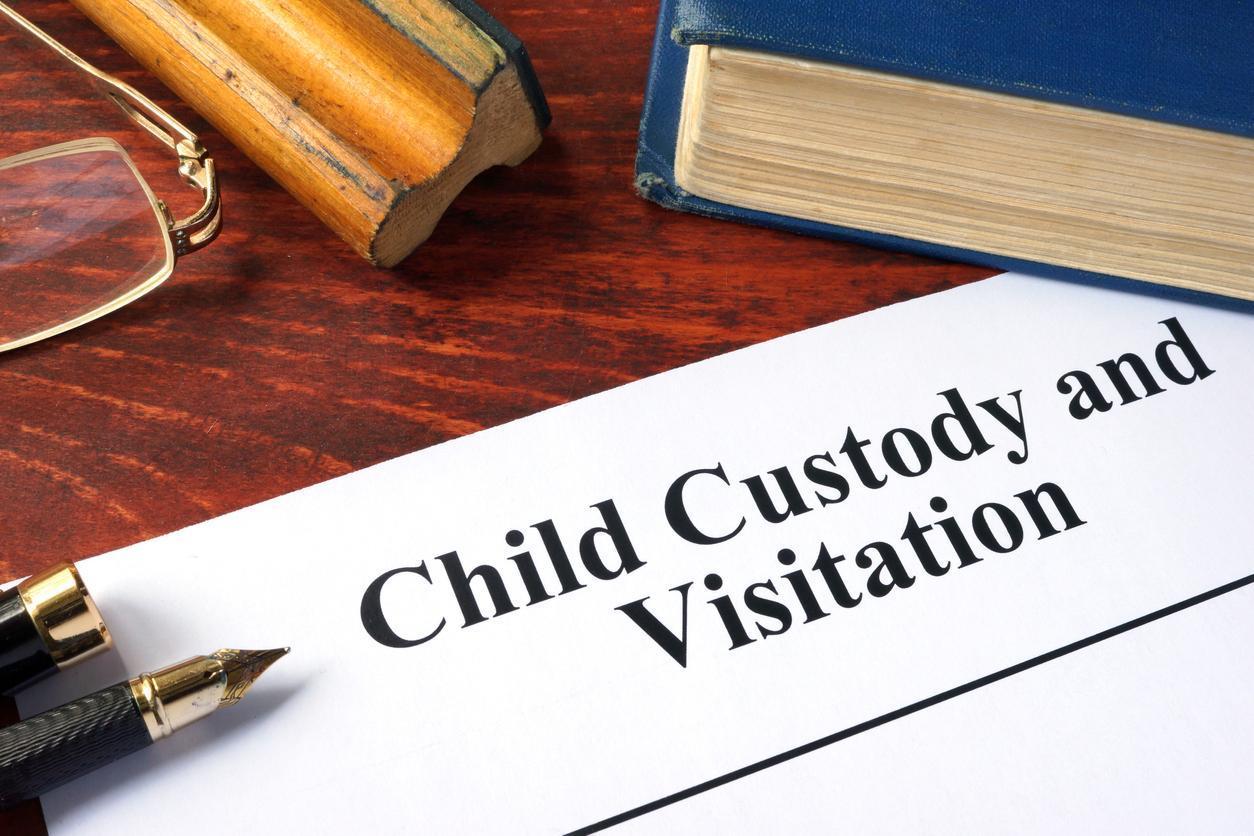What Are the Different Types of Child Custody Agreements?
The decision to divorce your partner is never an easy one to make, especially when children are involved. Likely, you haven’t given much thought to custody agreements in the past, but going into a divorce, the available options become extremely important. Whether you’re considering divorcing your spouse or are newly single, it’s crucial to understand the different types of child custody so you can find the best solution for your kids.
To fully understand custody agreements, you need to familiarize yourself with the distinction between legal custody and physical custody. Below, you can learn more about the types of child custody and what each of them entails.
Legal Custody
Having legal custody of a child means that you have the right and obligation to make decisions regarding your child’s upbringing. This includes medical care, education, and religious upbringing, among other important decisions. In many states, courts would award joint legal custody, which means that both parents share all decision-making about their children.
If you have joint legal custody with the other parent but exclude them from important decisions, they can take you to court and request the judge to review, enforce, or even change the custody agreement. If you enforce the custody agreement, you won’t be fined or go to jail, but this can cause unnecessary friction between you and your ex, which can harm your children in the process.
Sometimes it’s challenging to share joint custody with a parent who refuses to cooperate. They could be abusive or neglect to communicate essential matters, and in these situations, you can go to court and ask to be awarded sole legal custody. If that happens, you will have to convince a family court judge that granting you sole legal custody is in your children’s best interest.
Physical Custody
When a parent has physical custody, it means their children get to live with them. If a child spends a significant amount of time with both parents, the court will likely award joint physical custody. That way, both parents will be equally responsible for providing life essentials, such as food, shelter, and clothing.
Joint physical custody is also the best solution when parents live close to each other. This would lessen the stress on the children’s everyday life, making it easier for them to adapt to your separation and establish a somewhat normal routine.
Suppose a child lives primarily with one parent (a.k.a. the custodial parent) and has regular visitation time with the other (a.k.a. the noncustodial parent). In that case, the custodial parent likely has sole physical custody, and the noncustodial parent has parenting time or scheduled visitation with their children.
Sole Custody
As a parent, you can either have sole physical custody or sole legal custody of a child. If the other parent is deemed unfit, the court would likely award sole physical custody to you. A parent can be unfit to raise their children if there is proof of child neglect or abuse, alcohol or drug dependency, and a range of other repetitive behaviors.
In most states, courts are moving toward enlarging the role of both parents in raising their children. Even if a parent gets sole physical custody, both parents will likely share joint legal custody, and the noncustodial parent will have an agreeable visitation schedule. Both parents will be part of the decision-making process in these types of circumstances, but only one of the parents will be considered the primary physical caretaker.
Unfortunately, not every divorce is amicable, and there could be certain animosity and resentment between the parents. You must try not to seek sole custody to spite your ex or soon-to-be-ex because that most likely won’t be in the best interest of your children. However, if the other parent is a threat to the well-being of your children, you need to seek sole custody. Even then, though, the court may still allow supervised visitation to that parent.
Joint Custody
When parents have joint custody of their children, they both have the right to participate in important decisions about their kids’ lives and upbringing. However, it’s usually up to the co-parents, not the court, to decide how they will navigate their joint responsibility in day-to-day life. In the unfortunate event that one of the parents excludes the other from the decision-making process or hides vital information from them, the other parent can take their ex to court for violating the court order of joint custody. This can harm the relationship of the parents and their relationship with their children. That’s why it’s imperative to adopt an inclusive approach to parenting and make sure none of you is violating the other parent’s rights.
It’s common for courts to grant joint physical custody as it is the general consensus that spending quality time with both parents is beneficial to the happiness and health of children in the long run. However, this type of joint custody agreement does not require a child to spend equal amounts of time with both parents. It rather means that both parents get to spend a significant amount of time with their children. The exact amount of time is often determined and agreed upon by the parents.
How Is Child Custody Determined?
The majority of family law professionals prefer to help co-parents reach a custody agreement outside of a courtroom. Agreeing on a parenting arrangement in a cooperative and fair manner sets the right tone for every co-parenting relationship. It also shows both parents are putting the well-being of their children above anything else. Out-of-court agreements also take less time and money than battling things out in court.
However, if co-parents can’t reach an agreement about the custody of their children, it will be up to a family court judge to determine the custody arrangement.
Find A Family Law Attorney
Family Law FAQ

